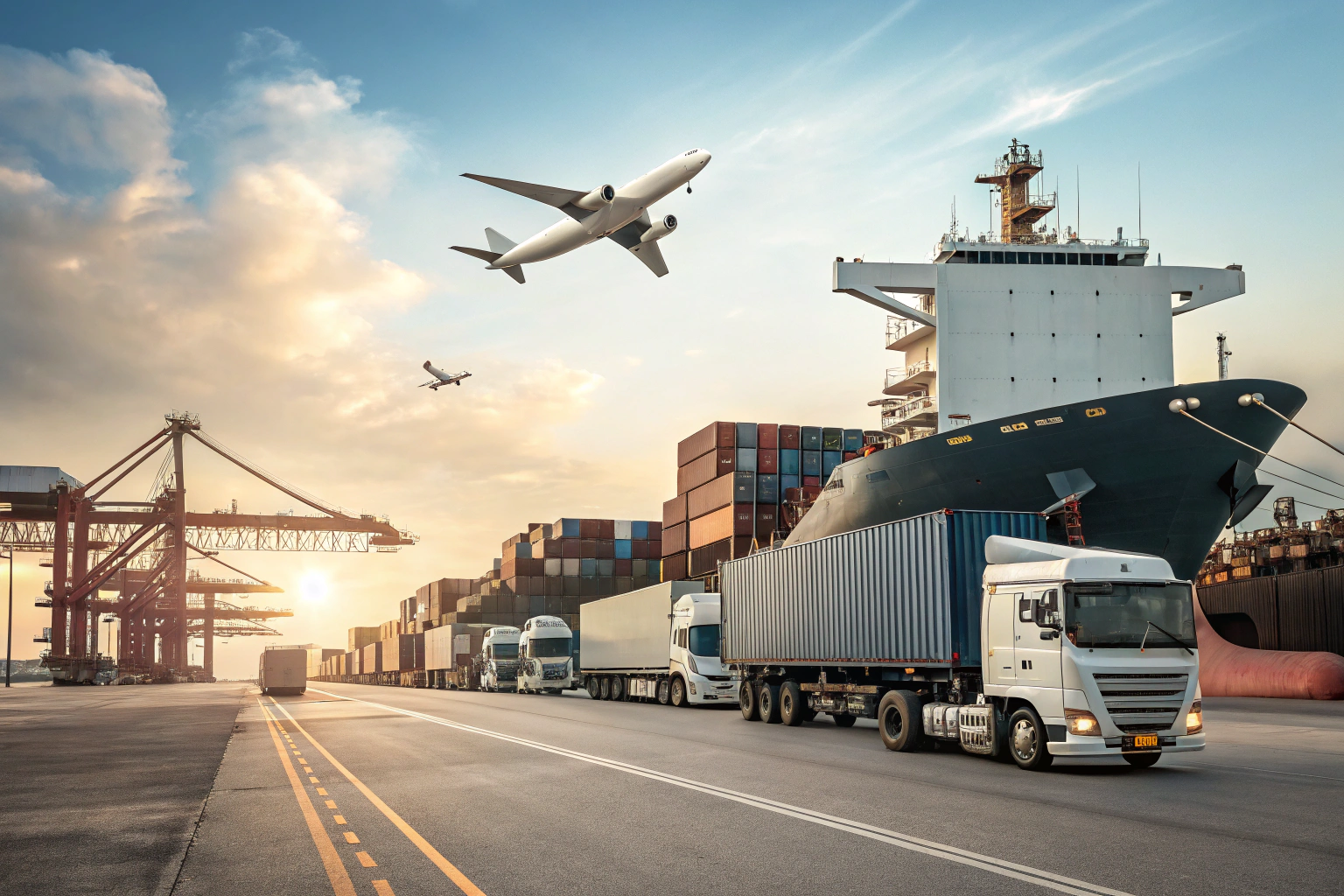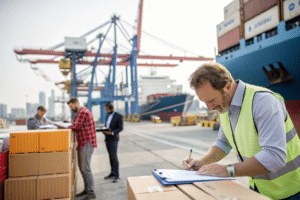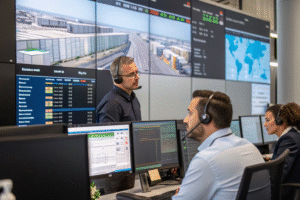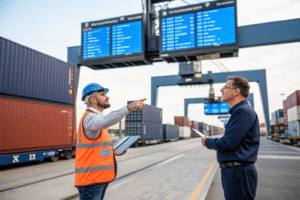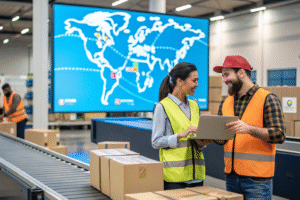International trade is full of challenges. You might be wondering why shipping always feels complicated, with endless paperwork, customs regulations, and multiple carriers. For many business owners, the logistics side of global trade is the most stressful part of their operations.
Freight forwarders simplify shipping complexities by managing paperwork, coordinating carriers, and ensuring compliance with customs rules. What needs to be emphasized here is that forwarders act as problem-solvers who bring clarity and control to a chaotic process.
Let’s take a moment to think this through together: by outsourcing logistics to experienced freight forwarders, businesses can focus on growth while experts handle the difficulties of shipping.
Why Is International Shipping So Complicated?
You might be wondering, “Why does shipping feel so overwhelming?” The truth is that international shipping involves multiple moving parts. Each country has its own customs rules, carriers have different schedules, and paperwork must be accurate to avoid fines.
International shipping is complicated because it requires coordination across borders, regulations, and transport modes. What needs to be emphasized here is that without professional guidance, small mistakes can become expensive problems.
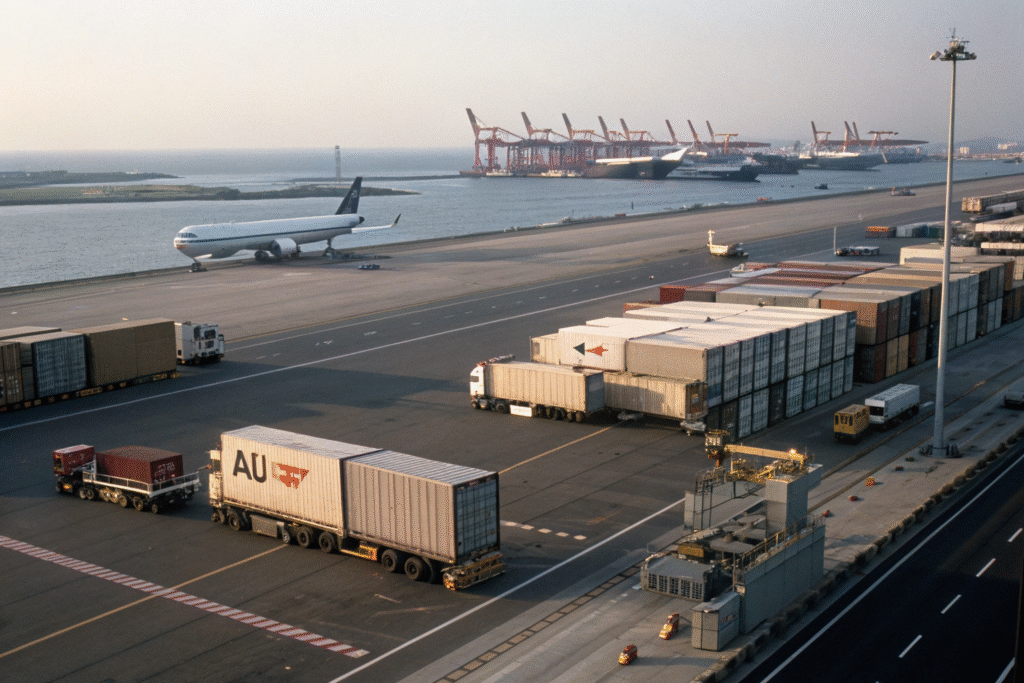
What role does documentation play in shipping complexity?
Let’s take a moment to reflect together. Documents such as the bill of lading, packing list, and certificates of origin must match exactly. If they don’t, cargo can be delayed. According to International Chamber of Commerce, paperwork errors are among the top causes of trade disputes. You might be wondering how forwarders help—they review and prepare documents to eliminate risks.
How do multiple transport modes increase complexity?
You might be wondering why switching between ships, planes, and trucks makes shipping harder. Each mode has its own rules and schedules. For example, IATA regulates air freight, while maritime cargo follows IMO standards. Let’s take a moment to think this through together: freight forwarders synchronize these modes, ensuring goods move smoothly across the chain.
How Do Freight Forwarders Simplify Logistics?
You might be asking yourself, “Can a forwarder really make things easier?” The answer is yes.
Freight forwarders simplify logistics by coordinating carriers, handling customs paperwork, and providing visibility through tracking tools. What needs to be emphasized here is that they turn a complex process into a manageable one for business owners.
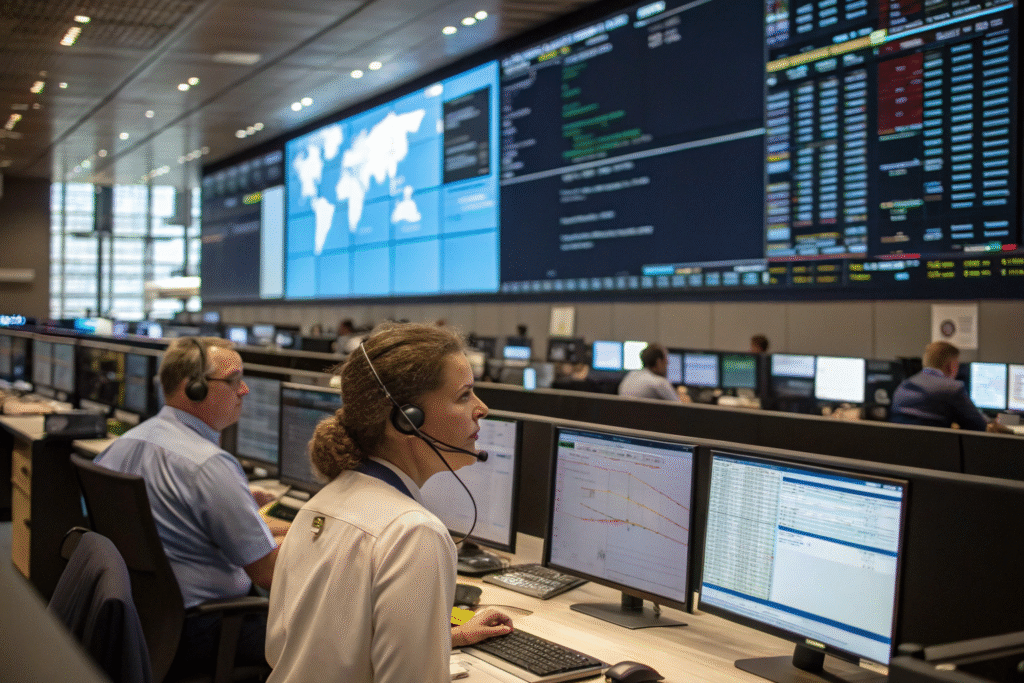
How do forwarders coordinate multiple carriers?
Let’s take a moment to think this through together. A shipment may need to move from a Chinese factory to a U.S. warehouse via ship, rail, and truck. Instead of managing three or four separate contracts, a freight forwarder coordinates everything. For example, Kuehne+Nagel highlights this value by offering multimodal logistics services. GeeseCargo provides the same reliability with personal attention.
Why does customs support reduce stress?
You might be wondering why customs always feels unpredictable. The reason is that tariffs, taxes, and documentation change often. Forwarders partner with customs brokers and use tools like the U.S. Customs and Border Protection database to ensure compliance. Let’s take a moment to reflect together: with this support, your shipments move through borders without costly delays.
Can Technology Make Shipping Easier?
You might be wondering, “Does technology really simplify shipping?” The answer is yes—but only when combined with human expertise.
Freight forwarders use digital platforms, real-time tracking, and automated compliance tools to simplify logistics. What needs to be emphasized here is that technology provides visibility, while forwarders provide judgment and support.

How does real-time tracking reduce complexity?
Let’s take a moment to think this through together. Real-time tracking lets businesses know where their goods are at every moment. Platforms like FourKites and Project44 give forwarders tools to share accurate updates with clients. You might be wondering how this helps—it means fewer surprises and better planning.
Can automation handle compliance requirements?
You might be wondering if compliance can be automated. The answer is partly. Tools like SAP Global Trade Services and Descartes CustomsInfo automate tariff checks and document reviews. Let’s reflect together: forwarders use these tools but also apply expertise, so shipments meet every regulation without risk.
Why Is Trust Important in Simplifying Shipping?
At this point, you might be asking, “Why does trust matter if systems and processes already exist?” The truth is, trust is what turns complexity into simplicity.
Freight forwarders simplify shipping because clients trust them to handle risks, solve problems, and communicate honestly. What needs to be emphasized here is that trust ensures collaboration and long-term success.

How does trust reduce business stress?
Let’s take a moment to reflect together. When you know your forwarder is reliable, you don’t worry about missed shipments or hidden costs. Leading companies like DHL Global Forwarding emphasize trust as the foundation of logistics. GeeseCargo follows the same principle by building relationships, not just transactions.
Why does communication strengthen trust?
You might be wondering why communication is mentioned so often. Clear, proactive communication prevents misunderstandings and builds confidence. According to Logistics Management, poor communication is a leading cause of logistics failures. Let’s take a moment to think this through together: with GeeseCargo’s 24/7 updates, clients always feel in control.
Conclusion
Let’s take a moment to think this through together: shipping will always be complex, but with the right forwarder, it doesn’t have to feel that way.
Freight forwarders simplify shipping complexities by managing paperwork, coordinating carriers, using technology, and building trust. What needs to be emphasized here is that complexity becomes manageable when businesses partner with experts.
By choosing GeeseCargo, you don’t just get logistics support—you gain a reliable partner who makes global trade easier, safer, and more profitable.
